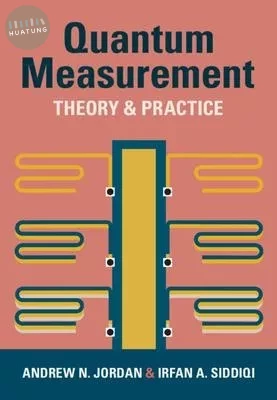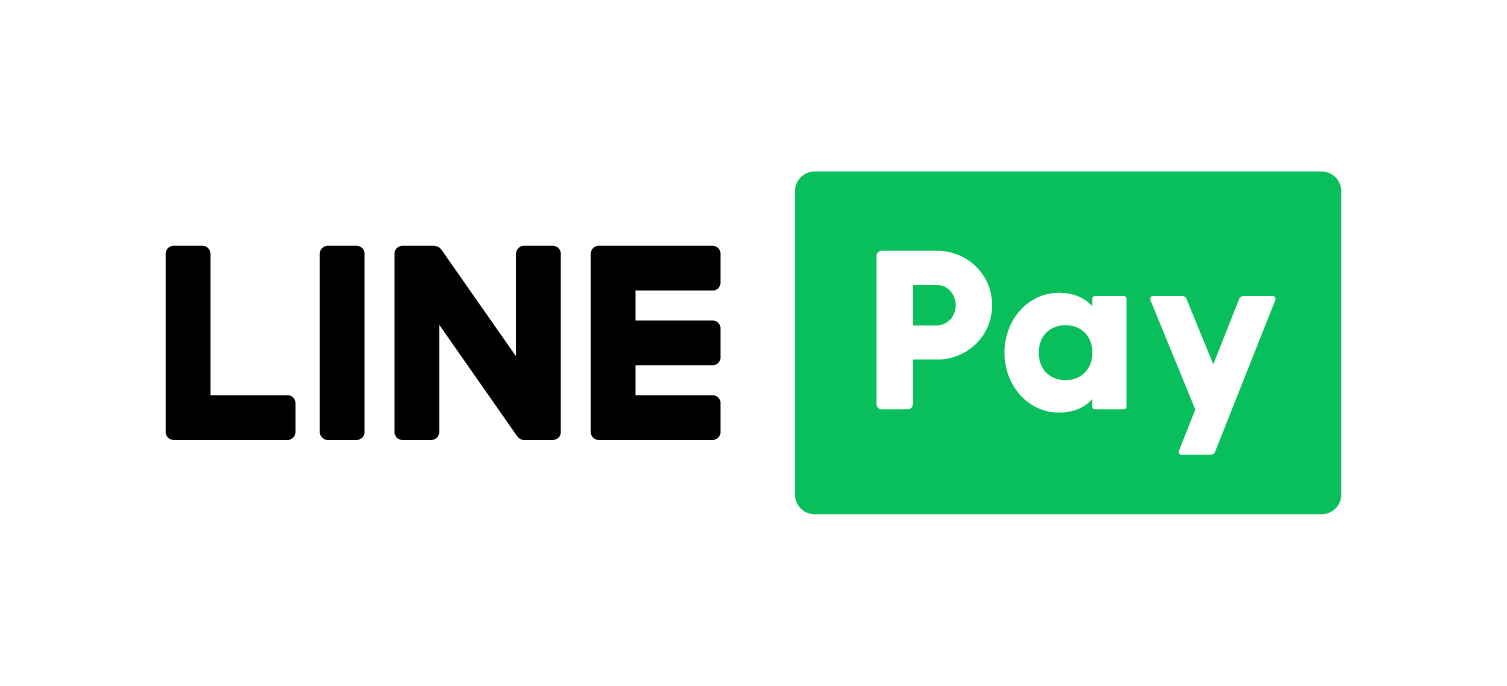
Building TOEIC Skills (1版)
相關熱銷的書籍推薦給您
【原文書】
書名:Building TOEIC Skills with MP3 CD/1片
作者:Andrea Janzen
出版社:Seed
出版日期:2016/10/22
ISBN:9781944879761
內容簡介
Building TOEIC® Skills is designed for students who wish to improve their test-taking skills and achieve a higher test score. Each of the 14 units provides information and strategies for question-types commonly found on the TOEIC®. Each unit provides extensive practice and contains a mini-test to reinforce the targets of that unit. The materials and practice questions in Building TOEIC® Skills reflect recent changes to the TOEIC®. Questions include conversations with more than two speakers and listening questions with graphics.
Features
‧Each unit targets the following skill areas:
‧Vocabulary: Words and phrases frequently encountered on the TOEIC®
‧Grammar: Level-appropriate grammatical structures commonly seen on the TOEIC®
‧Listening: Tips and strategies for listening questions with related practice activities
‧Reading: Tips and stratedgies for reading questions
‧Mini-Test: TOEIC® style practice questions for each of the seven sections of the TOEIC® Listening and Reading Test
Additional Features
‧Practice Test: A full-length practice test included at the end of the book
‧Transcripts: Full transcripts for all listening activities
‧Answer Key: Answer key for all practice activities
‧Downloadable explanations for mini-tests and practice test
立即查看

A Quantum Leap in Information Theory
類似書籍推薦給您
This is an introductory textbook at graduate or advanced undergraduate level. Students with diverse backgrounds, in mathematics, physics and computer science, can use it to become acquainted with the quantum theory of information. Its scope is deliberately chosen to be not too broad, while being self-consistent and usable for a semester-long course for beginners. The subject is presented using a balanced mix of intuitive arguments and rigorous formalism. The emphasis is not on the physical information but rather in the formal and mathematical features of quantum information theory. Only a basic knowledge of algebra is required to understand the contents of this book. In particular, a background in quantum mechanics is not needed, since quantum theory is used as a mere mathematical framework without entering into physical interpretations.
The book introduces all necessary concepts from quantum theory and classical information theory, to cover the elements of quantum Shannon theory: quantum states and channels, data compression and entropy, error correcting codes and channel capacities, as well as the basics of entanglement theory and quantum cryptography.
Examples are provided to help the reader in understanding the different concepts, together with exercises at the end of each chapter.
Sample Chapter(s)
PREFACE
Chapter 1: PRELUDE
Request Inspection Copy
Contents:
Prelude
Information and Entropy: The Classical View
A Quantum Primer
Mixed Quantum States
Information and Entropy: The Quantum View
Channel Maps
Interlude: Estimation Theory
Data Compression
Information Transmission
Error Correcting Codes
Channel Capacities
Entanglement Manipulation
Cryptography
Appendix: Fundamentals of Linear Algebra
Solutions to Selected Exercises
Readership: Graduate students and researchers from Mathematics and Communication Engineering.
原價:
2666
售價:
2533
現省:
133元
立即查看

Quantum Leap: from Dirac and Feynman, Across the Universe, to Human Body and Mind
類似書籍推薦給您
原價:
5032
售價:
4780
現省:
252元
立即查看

Elementary Quantum Mechanics: With Problems and Solutions (1版)
類似書籍推薦給您
【簡介】
The impact of quantum mechanics on our day-to-day life is growing at an exponential rate, of which most people are unaware. For example, the toaster is a prime example of a quantum mechanical device. While quantum mechanics arose as a subject in physics, quantum mechanical thinking has had, and continues to have, a broad impact on mathematics. For example, operator theory as we know it today would not exist without von Neumann’s effort to put quantum mechanics on a solid mathematical foundation. This book is defined for undergraduate students of mathematics to obtain an introduction to quantum mechanical ideas, and the associated mathematics, without requiring an extensive background in physics.This book is focused around the following topics. 1) The Mathematical Structure of Quantum Mechanics. We develop the main mathematical structure of quantum theory in the setting of the accepted postulates of quantum mechanics. Dirac’s bra-ket notation for the required linear algebra aspects will be utilized, as well as the mathematical and physical implications arising from the mathematical aspects of self-adjoint linear operators, with emphasis on the finite dimensional setting. 2) Dynamics of a Quantum Particle. We introduce the Schrodinger equation and discuss its physical meaning and mathematical structure. The required partial differential equations theory is elementary, and will be developed from scratch. 3) Measurement, Time Evolution, Uncertainty, and the Harmonic Oscillator. This builds on the previously developed mathematics and culminates with a detailed discussion of the quantum mechanical workhorse example - the harmonic oscillator. 4) Quantum Mechanics of Angular Momentum. Most of the book is developed in the context of the (relatively) simple one dimensional quantum systems. This topic goes into three dimensions and illustrates how very interesting mathematics can yield novel physical explanations that are unobtainable with classical methods. 5) The Postulates of Quantum Mechanics, Measurement, Composite Systems, Tensor Products, and Entanglement. This is the area that most students have heard of - quantum entanglement, "action-at-a- distance" and Bell’s inequality. The mathematics will be at an elementary level (except possibly for tensor products, which are sadly neglected many linear algebra courses today, but which are literally exploding in a variety of current applications).
立即查看

Quantum Measurement: Theory and Practice (1版)
類似書籍推薦給您
【簡介】
This book adopts a novel, physics-first approach to quantum measurement, using physical experiments as the basis to describe the underlying mathematical formalism. Topics covered include weak measurements, quantum measurement reversal, quantum trajectories and the stochastic path integral formalism. The theory of quantum measurement is also covered in detail, including discussion of how it can be tested and demonstrated in a laboratory: how to build quantum-limited amplifiers, fundamental noise limits imposed on measurement by quantum mechanics, and the design of superconducting circuits. This text is an excellent introduction for students with a basic understanding of quantum mechanics wanting to learn more about measurement theory, and the inclusion of a wide selection of end-of-chapter exercises make this book ideal for emerging courses on the topic. Key chapters introducing the foundations of quantum computing and the history of measurement theory are equally accessible to a broader, less specialised audience.
立即查看

A Computational Introduction to Quantum Physics (1版)
類似書籍推薦給您
【簡介】
This concise textbook introduces an innovative computational approach to quantum mechanics. Over the course of this engaging and informal book, students are encouraged to take an active role in learning key concepts by working through practical exercises. The book equips readers with some basic methodology and a toolbox of scientific computing methods, so they can use code to simulate and directly visualize how quantum particles behave. The important foundational elements of the wave function and the Schrödinger equation are first introduced, then the text gradually builds up to advanced topics including relativistic, open, and non-Hermitian quantum physics. This book assumes familiarity with basic mathematics and numerical methods, and can be used to support a two-semester advanced undergraduate course. Source code and solutions for every book exercise involving numerical implementation are provided in Python and MATLAB(R), along with supplementary data. Additional problems are provided online for instructor use with locked solutions.
立即查看

 華通書坊
華通書坊














